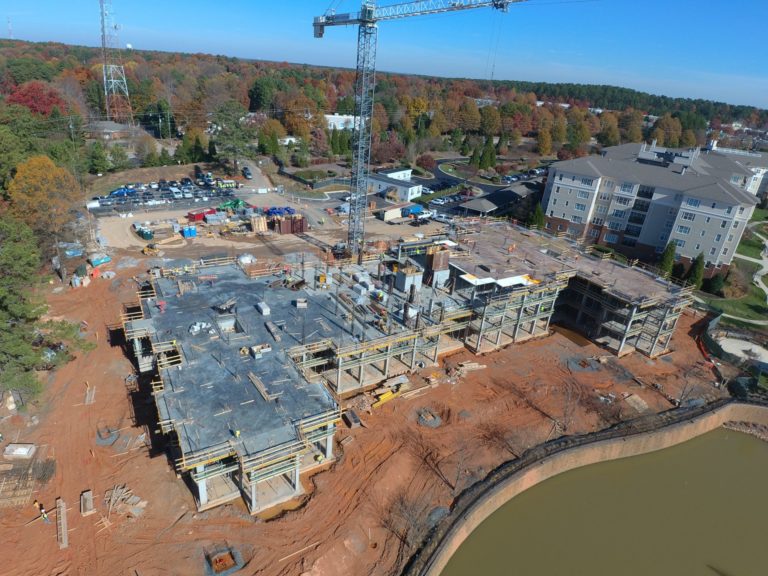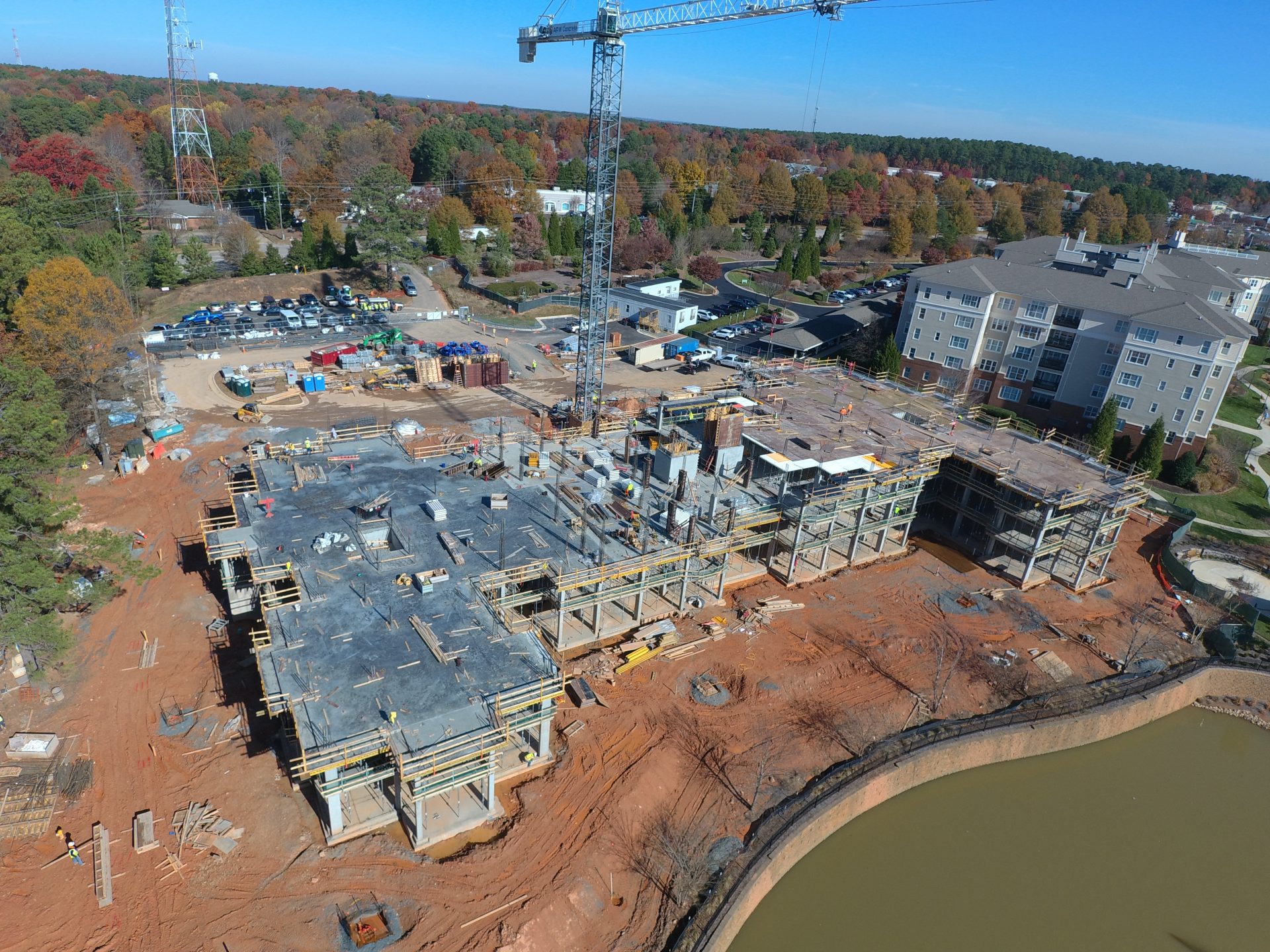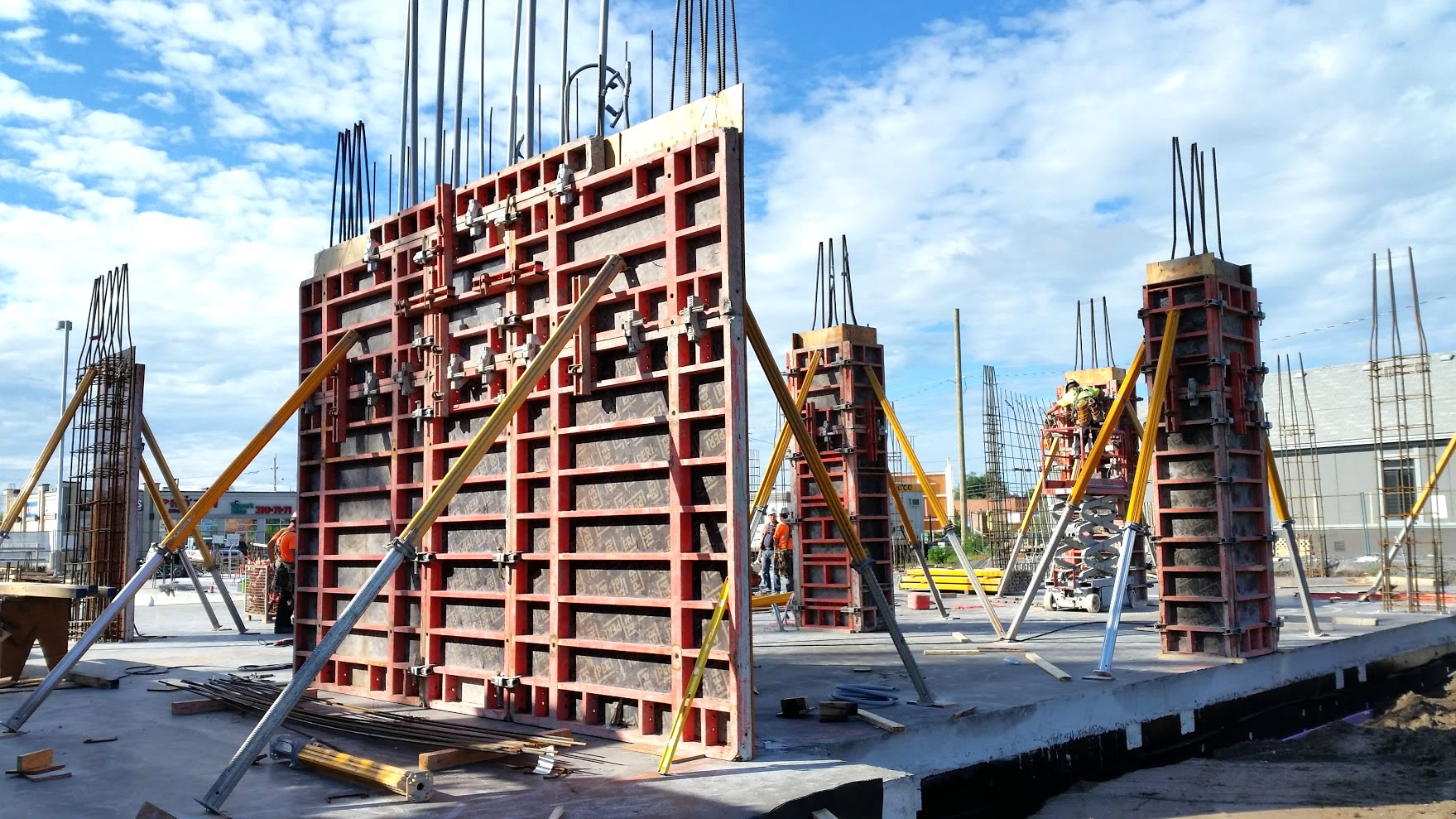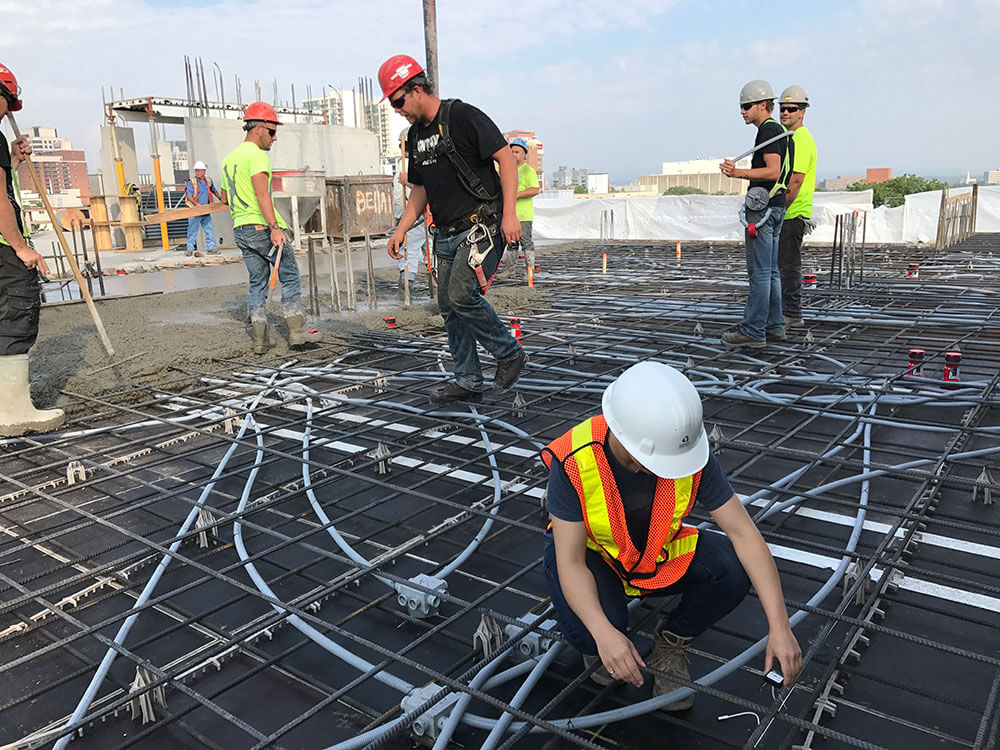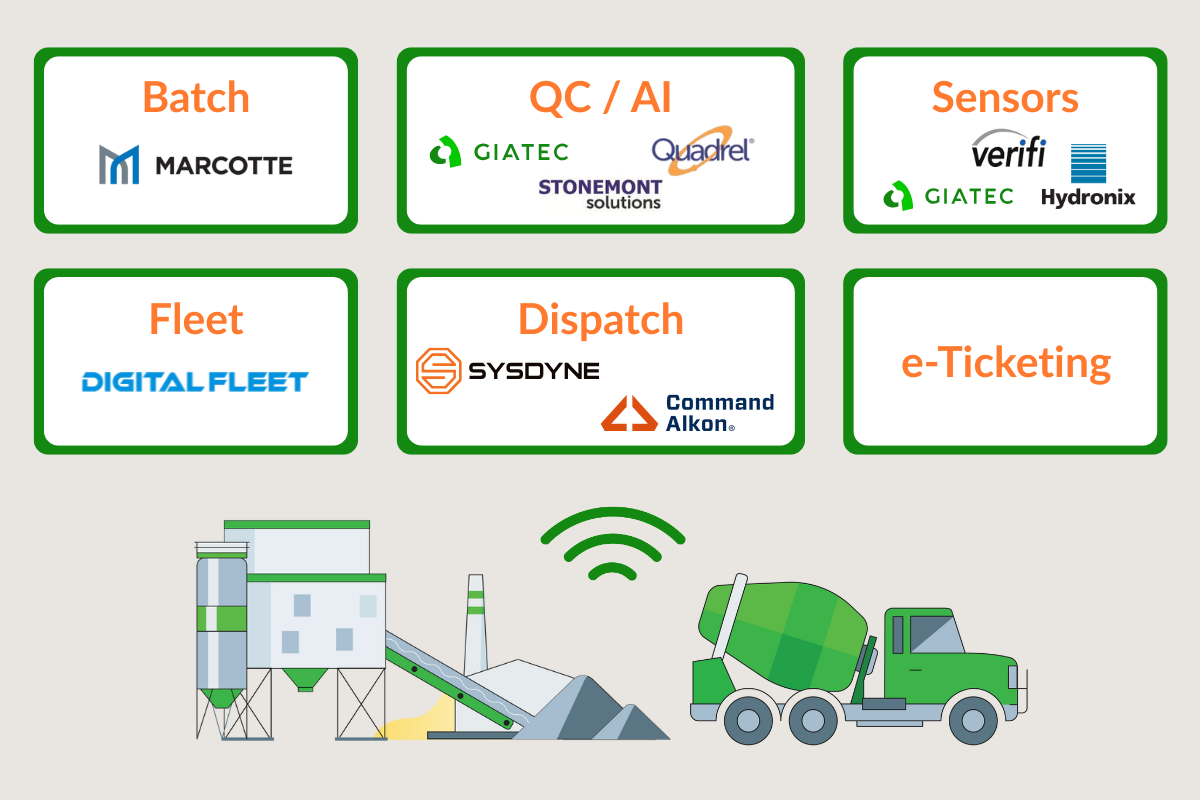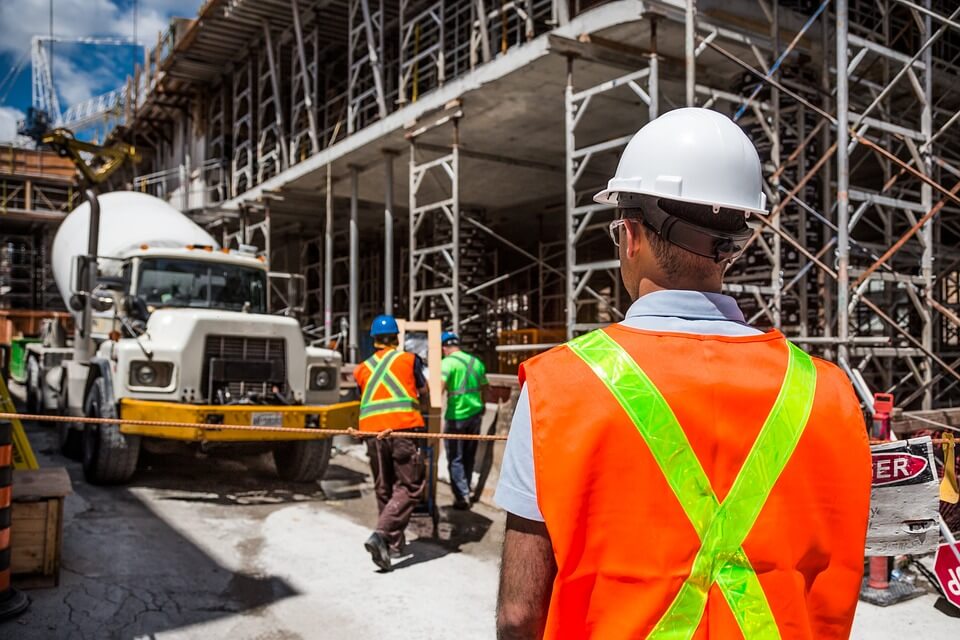Strength testing is a critical aspect of concrete structures, ensuring that structures meet safety and durability standards. The strength of concrete directly impacts a building’s ability to withstand loads, resist environmental factors, and maintain structural integrity. Accurate testing allows engineers to verify that the concrete used in construction meets the required specifications. This ensures the safety and longevity of the structure. Without proper strength testing, there is a risk of structural failures. As a consequence, this can lead to costly repairs or, in the worst cases, catastrophic consequences. In this blog, we will delve into the ins and outs of mix-independent sensors and their relevancy for concrete strength monitoring.
Explore 12 Futuristic Technology Trends Solving Concrete's Biggest Challenges.
Limitations of Traditional Approaches
Traditional concrete strength measurements, particularly compressive strength tests, are time-consuming and resource-intensive. They involve casting samples, curing, and conducting destructive testing at specified times. The compressive strength test, standardized under ASTM C39, is a fundamental method for evaluating concrete’s mechanical properties. For decades, it has been crucial in assessing concrete’s compressive strength.
Variability in sampling, curing conditions, and operator technique can lead to inconsistent results. While testing in controlled laboratory settings may not accurately reflect field conditions. Additionally, the process requires specialized equipment and trained personnel, further straining resources and creating logistical challenges. These limitations render traditional methods inefficient, particularly in fast-paced construction environments where additional challenges like time constraints and changing mix designs amplify the problem.
To address some of these issues, engineers turned to the maturity method. This offers real-time, on-site strength assessments, reducing delays and minimizing waste. Over a decade, the maturity method has been a popular approach for estimating concrete strength based on its temperature history and curing time. ASTM C1074, the standard practice for maturity, defines the method as “a technique for estimating concrete strength that is based on the assumption that samples of a given concrete mixture attain equal strengths if they attain equal values of the maturity index.” It operates on the principle that concrete’s strength development is directly related to its temperature and the duration of curing. This means that the method allows for real-time monitoring of strength gain without the need for destructive testing. However, this method requires calibration for each specific concrete mix to accurately predict strength.
The Revolutionary SmartRock® Pro: Self-Calibrating, Mix-Independent Sensors
With advancements in technology and the increasing demand for efficiency, there is a growing need for innovative solutions. The goal is to streamline processes, minimize human errors, and reduce the burden on contractors. This is where SmartRock® Pro comes in. It is a self-calibrating, mix-independent concrete sensor that revolutionizes the way we measure concrete strength. Unlike traditional methods that require calibration for each unique mix, SmartRock Pro eliminates this step, providing fast, accurate strength measurements across concrete types. SmartRock Pro has revolutionized this process by utilizing Concrete Electro-Mechanical Microstructural Analysis (CEMMA) technology. These sensors can measure strength across a large variety of everyday-use mixes without the need for prior calibration. This self-calibrating capability means that contractors no longer have to wait for mix calibration for various concrete formulations. This is a huge advantage as it allows for greater flexibility, accuracy, and efficiency in real-time strength monitoring.
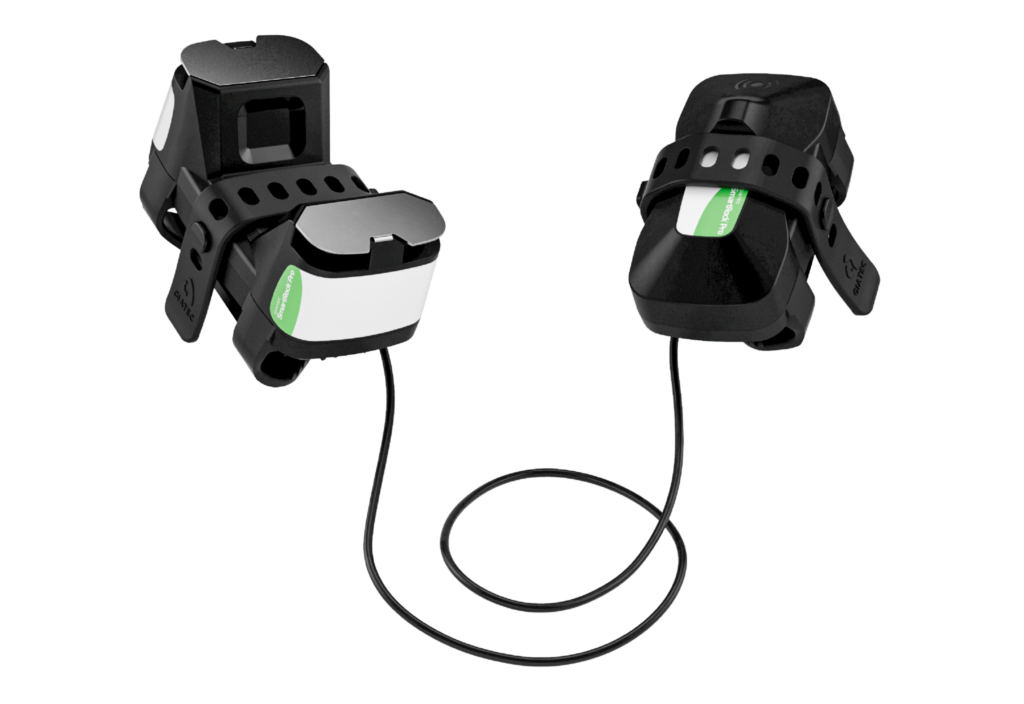
Core Technology of SmartRock Pro
The core of this sensor is the CEMMA technology, which analyzes the microstructural changes in the concrete as it cures. By detecting variations in the electro-mechanical properties of the concrete microstructure, the sensors can precisely track the development of strength.
When we pour the same concrete mix across different projects or times of the year, its in-situ performance may vary. This happens due to different conditions like temperature fluctuations, slight changes in raw materials, or adjustments to the mix design. SmartRock Pro provides accurate strength readings in these varying conditions, helping you better understand the performance of your mixes.
These sensors provide a major advantage by accurately measuring strength without requiring knowledge of the mix composition. Their universal applicability ensures consistent and reliable data. In that way, construction teams can seamlessly adapt to last-minute changes in mix design. This adaptability also facilitates smooth transitions between different mix designs across varying seasons.
For more information, check out our blog on self-calibration.
How SmartRock Pro Sensor Works
The installation process for these sensors is straightforward, as they can be easily attached to the rebar. Upon contact with the concrete, the sensors automatically initiate real-time strength measurements. By initiating measurements every 15 minutes, data can be collected at any time through the SmartRock app.
Application in Projects
The application of SmartRock Pro sensors offers versatile benefits across a wide range of construction projects. These sensors are perfect for scenarios where traditional methods like manual calibration or destructive testing are impractical due to time. They are also good for variable mix designs or challenging site conditions. In fast-paced projects—such as high-rise buildings and infrastructure developments. The mix-independent capability of SmartRock Pro allows it to adapt to different concrete mix formulations. This is suitable for various types of concrete and applications while enhancing accuracy and reducing inconveniences associated with conventional methods.
Learn more about SmartRock Pro or pre-order to experience the game-changing benefits of self-calibrating mix-independent concrete monitoring. Take control of your concrete’s strength and streamline your construction processes like never before! Click here to learn more.

